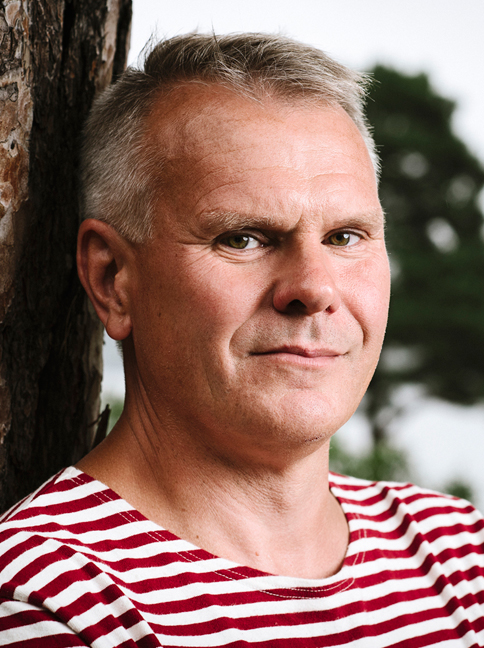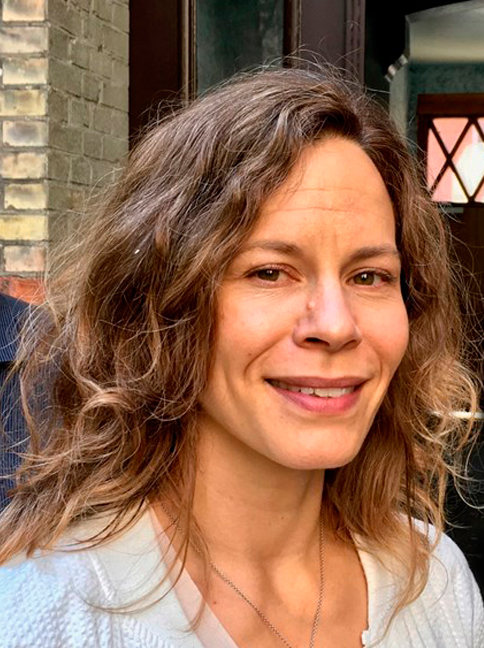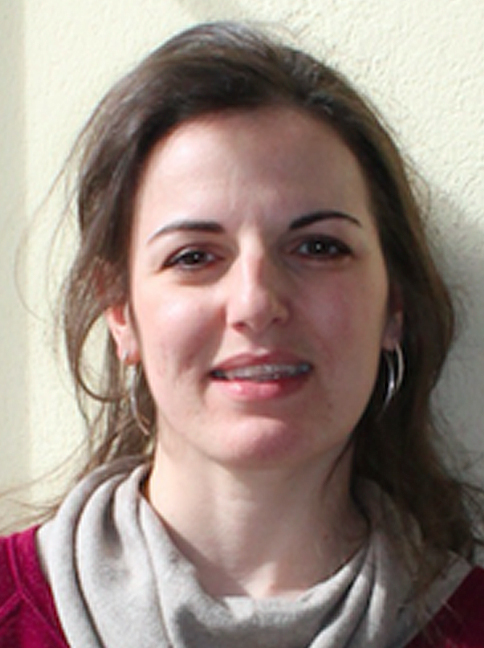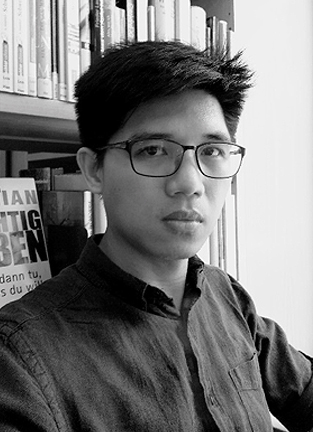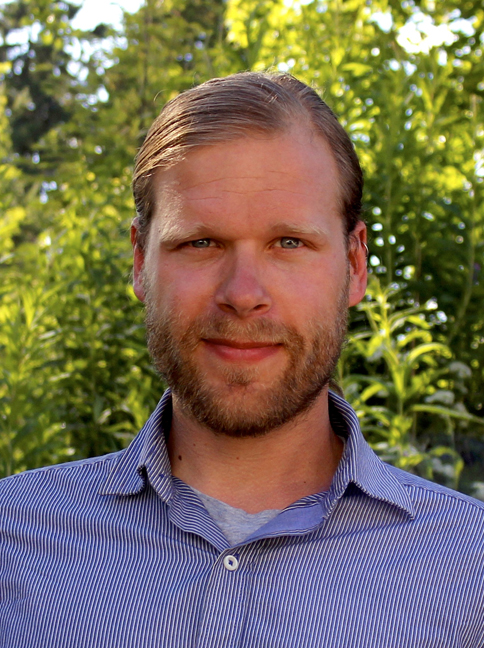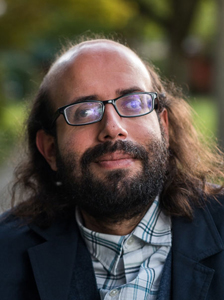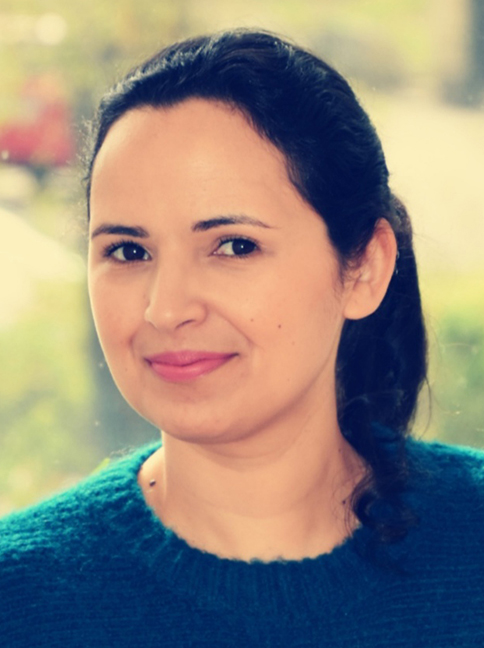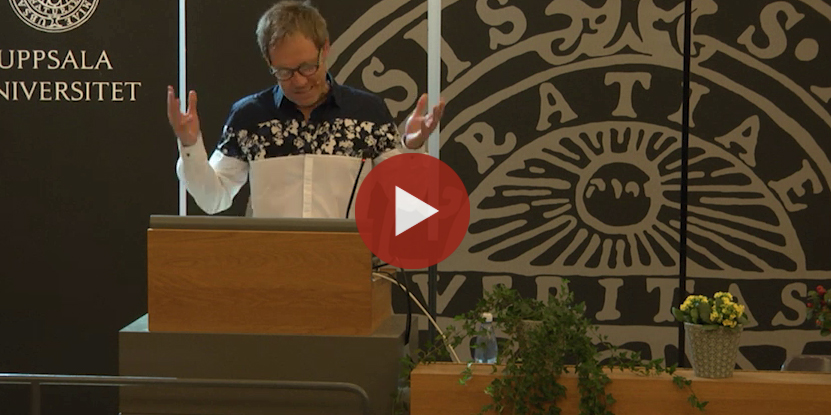The Burden of Responsibility: Predicaments of Environmental Life in the Caraballo Mountains, Northern Philippines
By Macario Lacbawan
Indigenous people are not obviously, or naturally, stewards of the environment. But when the idea that they are such custodians gains legal traction, and when indigenous land-use practices are codified to reflect environmental principles, they become a burden of responsibility that has significant consequences for the lives and the livelihoods of indigenous communities.
This thesis is about Ikalahan people of the Caraballo Mountains in Northern Philippines and the vicissitudes of their obligation to the environment. Based on twelve months’ ethnographic fieldwork, the thesis explores what happens when the legal recognition of Ikalahan people as an indigenous group demands that they re-fashion their ancestral land from a place where they practice swidden agriculture into a space where they are supposed to ensure environmental conservation. It explores how the Philippine state utilizes scientific knowledge such as cartography and forestry to facilitate the expulsion and estrangement of Ikalahan people from their land even as it relies on those people to maintain their ancestral land as an exclusive ecological sanctuary.
How do Ikalahan communities enact this environmental responsibility, and how do they contest it? The different chapters explore how villagers deploy the cultural power of shame to impose ecological obligations, how they also create tactics to evade and subvert such obligations, and how they use the rhetoric that the land should not be monetized to, precisely, monetize it. The chapters also discuss how traditional moral principles provide a means for Ikalahan people to both understand and facilitate the economic inequalities that have emerged since their land was transformed into an ecological zone.
By addressing how Ikalahan communities negotiate the consequences of their legal recognition as indigenous people, the thesis contributes to the expanding literature that shows how indigeneity is not a neutral label, but is, rather, a potentially burdensome positionality whose attachment to the environment is anything but straightforward.
Macario defended his dissertation on December 9, 2022








